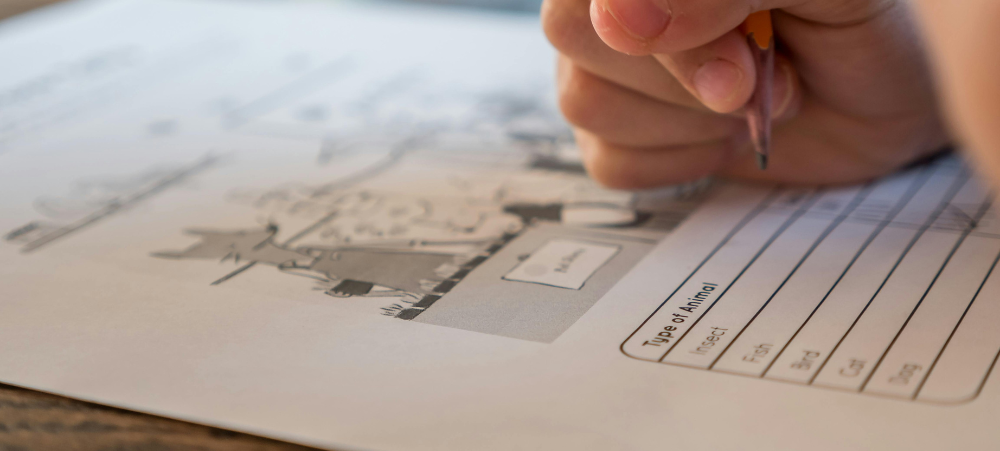In three months, thousands of Grade 12 learners across South Africa will close the chapter on their secondary education as they sit for their final exams. As the 30th of October approaches, effective exam preparation is key to staying on top of studies and avoiding the flurry of panic that comes with last-minute cramming. Last year, more than 890 000 full-time and part-time candidates sat for the matric exams, and achieved an 82.9% pass rate.
There are several factors that contribute to learners doing well in their final exam, A comprehensive strategy involves more than just making and memorising notes – it’s about careful time management, mastering learning styles, and making some lifestyle changes to ensure confidence when sitting down and flipping over that first page.
Schoolwork isn’t the only thing keeping matrics busy. They’re often juggling extracurricular activities, family obligations, and social engagements, as a result, adding more pressure to the life challenges they’re faced with. A recent United Nations Children’s Fund survey found that more than two-thirds of young people and children in South Africa felt they needed mental health support over the past year.
According to Esther Venter, Dean of Teaching, Learning & Student Success at STADIO Higher Education, before opening any textbooks and picking up that highlighter, learners should compile a time-based study plan outlining clear goals.
“Learners should start by getting an overview of their work, organising it into sections, setting a schedule, and assigning each section to their schedule,” says Venter. “Allocate more time to subjects that you’re finding tricky to grasp and don’t forget to slot in other activities and school commitments,” she adds.
Learning Styles
Once they are on top of their schedule and goals, learners should organise and refine their notes and clarify their preferred learning style. Every student has a unique learning style, including visual, auditory, and social.
Auditory learners might benefit from reading their work aloud and recording themselves to listen to their work later.
Visual learners can condense their notes into beautiful mind maps, graphs, or drawings.
Social learners might work best in group settings, quizzing each other on content and explaining their work in different ways. As the old saying goes, practice does make perfect.
“As Grade 12’s know by now, studying is more than just reading through the content,” Venter adds. “Doing practice papers is a proven method for exam success. Just ensure that you don’t look at the answer before answering the question, and spend time engaging with each question and answer to figure out your mistakes.”
The pressure of preparing for matric exams can be overwhelming, leading students to neglect their mental and physical well-being. Carving out time for rest, exercise, and socialising helps learners revive their work-saturated minds and lead to better focus. Good sleep is also proven to increase focus, so prioritise a consistent sleep routine.
“Aim to go to bed at the same time each night, preferably before 10 pm. Be realistic about what time you want to get up – don’t deceive yourself into thinking you’ll start studying at 4 am, only to hit the snooze button for 2 hours!” says Venter.
“Parents’ roles include everything from chef, chauffeur, and cashier, to cheerleader, coach, and counsellor during this important time in matriculants’ lives,” Venter explains. “So set your matric up for exam success with a balanced diet, consistent hydration, emotional support, and words of encouragement.”
Finally, don’t forget to reward your efforts when you meet your goals. Matric exams don’t have to be the most stressful period in a student’s schooling career. With proper preparation and good self-care, students can confidently reach their full potential.
- Parenting Styles: What’s Yours and Why It Matters - July 18, 2025
- School Readiness: What Skills Really Matter? - July 18, 2025
- From Toddler to Teen: Teaching Financial Responsibility at Every Age - July 17, 2025




